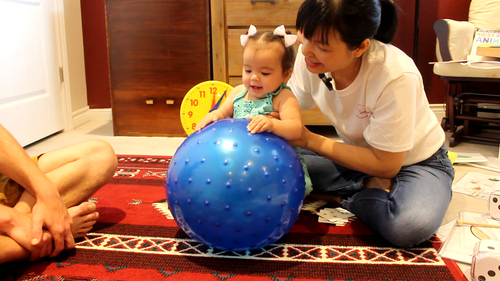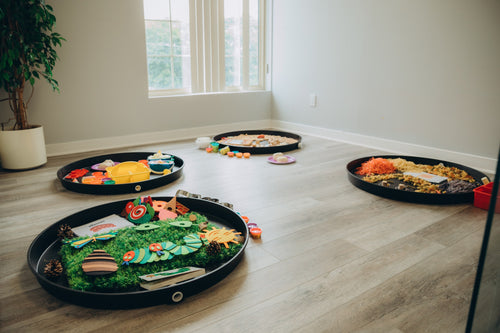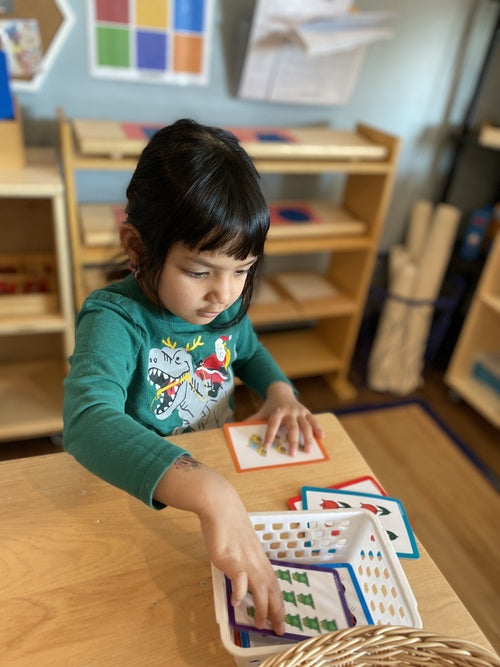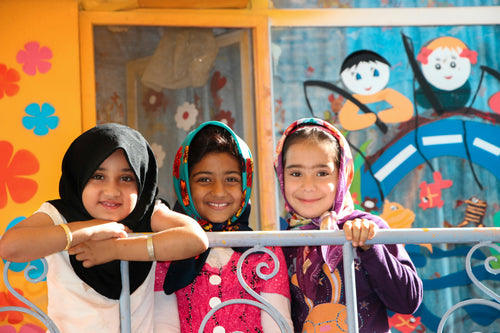7 Effective Parenting Strategies to Support Shy Toddlers and Preschoolers
Shyness is a natural temperament trait in many toddlers and preschoolers. This article will discuss great shyness behaviour management techniques for parents. While some children eagerly engage with new environments, others may need more time and support to feel comfortable. Implementing effective parenting strategies can help shy children build confidence and thrive socially and emotionally.

Understanding Shyness in Early Childhood
Shy children often exhibit cautious behavior in unfamiliar situations. They may prefer observing before participating and might take longer to warm up to new people or environments. Recognizing and respecting this temperament is crucial for their development. (Read more: shyness in children)
1. Respect Their Pace is the Number 1 Behaviour Management Technique
Allow your child to approach new situations at their own speed. Forcing interaction can increase anxiety. Instead, provide gentle encouragement and be patient as they gradually become more comfortable. Furthermore, always let your child warm up on their terms.
“Do you want to hold my hand or stay close while we explore?”
“You can watch first, then join when you’re ready.”
2. Prepare for New Experiences
Discuss upcoming events or changes in routine with your child ahead of time. This preparation can alleviate anxiety by setting clear expectations. For example, before attending a new playgroup, talk about what they might see and do there. Article: How to support your shy child from Michigan State University.
3. Encourage Social Interaction Through Play
Engage in role-playing games that mimic social situations. This practice allows children to rehearse responses and build confidence in a safe environment. Role-play common scenarios (saying hi, asking to play, ordering at a restaurant) to build familiarity and confidence. Use puppets, storytelling, or mirror play to keep it playful and fun.
4. Model Confident Behavior - an important parenting strategies for all ages
Children learn by observing. As a result, your behavior sets an example for your child to emulate. Demonstrate positive social interactions, such as greeting others warmly or initiating conversations.
Take your child to events where you speak in public, or you host an event and start a conversation with a new person in the park etc.
5. Provide Opportunities for Small Group Interactions
Start with playdates involving one or two peers before introducing larger group settings. To be specific, smaller gatherings can be less intimidating and help your child develop social skills incrementally.
“I understand you feel nervous meeting new friends. I’m here with you.”
6. Celebrate Small Victories - simple but effective behaviour management technique
Acknowledge and praise your child's efforts to engage socially, no matter how minor they may seem. In addtion, Positive reinforcement boosts self-esteem and encourages continued progress.
“I saw you looking at the other kids — that’s a great first step!”
“Trying something new takes courage, and you’re doing it!”
“You’re learning so much by just watching.”
7. Collaborate with Educators
Maintain open communication with your child's teachers or caregivers when it comes to discussing effective parenting strategies. Additionally, sharing insights about your child's temperament can help create consistent support across different environments. More tips from Kids First ABA Therapy
Supporting Brain Development and Mental Health
Parental involvement in early education plays a significant role in a child's brain development and mental health. For example, engaging in activities that promote cognitive growth, such as reading together or exploring new environments, can enhance neural connections and emotional well-being.
“Let's go together and just take a peek."
Gentle, Encouraging Phrases for Shy Children
Among many effective parenting strategies, we tend to forget that words matter, especially to sensitive children. Here are powerful phrases you can use to build trust and confidence:
-
“I’m right here with you.”
-
“It’s okay to take your time.”
-
“You are brave—you can do it!”
-
“I believe in you. You can try when you're ready.”
-
“You’re safe. We’ll do this together.”
These affirmations create emotional safety and teach children that their feelings are valid—while encouraging small, brave steps.
Conclusion
Helping shy toddlers and preschoolers navigate social situations requires patience, understanding, and consistent support. By implementing these effective parenting strategies, you can foster an environment that nurtures your child's confidence and social skills. Remember, every child develops at their own pace. With your guidance, they can flourish both socially and emotionally.
🌈 How Smartizen Helps Shy Kids Thrive
At Smartizen, our whole-brain learning environment is designed with emotional sensitivity in mind:
✅ Small Group Settings
We keep class sizes cozy so shy children feel less overwhelmed and can build trust with their teacher and peers gradually.
✅ Sensory Play & Gentle Transitions
Activities like sensory exploration, Montessori games, and music and movement allow children to engage at their comfort level—whether it’s observing or hands-on participation.
✅ Social Confidence Building
Programs like Simply Sensory and Whole Brain Training classes introduce memory games, flashcards, and storytime in playful, pressure-free ways that help even the quietest child open up. They learn in their own styles and we nurture that.
✅ Encouraging Parent Involvement
Parents are a part of our program, parents can sit in the classroom too!
We guide parents with strategies and modelling language to support their shy child both inside and outside the classroom.
For more resources and programs designed to support your child's development, visit Smartizen's Methodology









